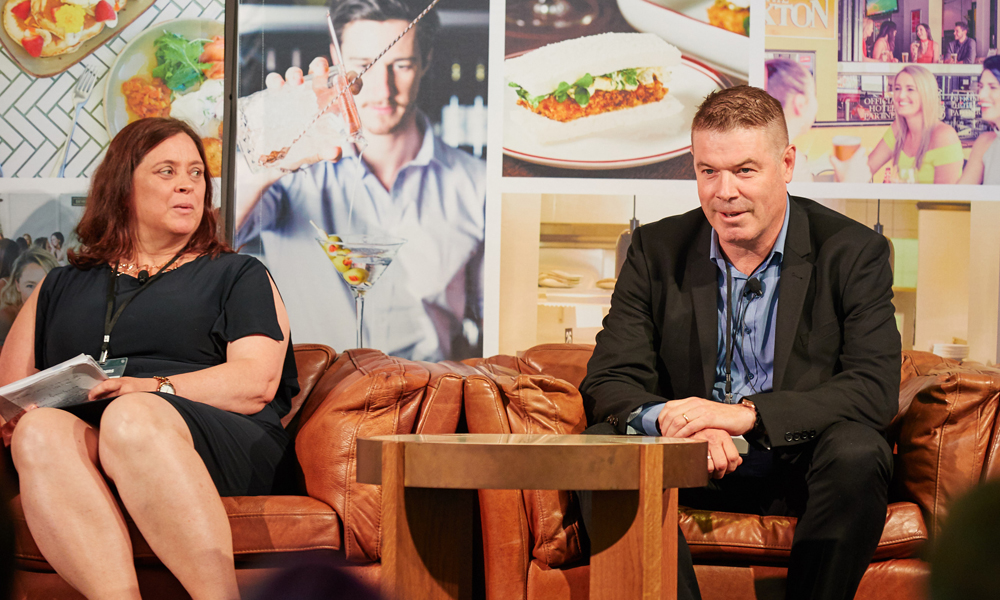Staffing was the big topic of the day at the 2018 Pub Leaders Summit: mentioned in most panels, and drilled into within the Staffing Strategies panel. In this latter, Brad Jenkins, general manager of hotels for Lewisland Group, revealed a new strategy he is employing when it comes to recruitment, and how he expects it to result in significant Government rebates for his business.
With recruitment and retention of staff being one of the most difficult and costly exercises for any pub operation, the topic was discussed by an expert panel of Jenkins; Luke Butler, associate partner in the hospitality and leisure division of recruitment agency FutureYou; and Annette Verhoeff, group operations manager for national group Red Rock Leisure.
During the discussion, Jenkins revealed that he has recently started to look at long-term unemployed persons as a new workforce for entry-level front-of-house roles. In running the numbers he found that targeting this demographic for employment not only opened up another avenue of recruitment for his business, but saved the Government money, giving it the incentive to encourage and subsidise Lewisland Group’s initiative.
Running the numbers
“A kid up to about 25 years old who is unemployed gets about $20,000 a year between the New Start Allowance and rent assistance. So it costs the government about $25,000 for a person to be unemployed. The forward estimate is four years, so that’s about $100,000 per person. So the government is very motivated to get them into a job, and if you can give a person a job that averages say $38,000-40,000 a year, they’re also going to be a taxpayer of around $5000 a year. Over forward estimates, an unemployed person of 25, probably costs $120,000. So we give them employment and maybe we can attract a subsidy of $5,000-10,000.”
As some of Lewisland Group’s venues are dependent on seasonal employment, Jenkins said that the group goes through about 200 employees a year. Between business procedures, government initiatives and external training organisations, Jenkins now hopes he can employ half of his work force using initiatives that target the unemployed – and in doing so create a mutually beneficial outcome for his business and the Federal Government.
“If I employ 50 per cent of my staff through those schemes in the next 12-18 months, the government’s net saving is about $12 million. So we’re starting to deal with government in the small triangle of a job active/support agency, the training company and myself. So obviously the government is extremely motivated in getting those stories and getting those people out of unemployment,” he explained.
Lewisland Leisure has already begun this process, having worked out a pathway to attract $35,000 per new employee in government rebates in Queensland, and around $20,000 in New South Wales.
“It’s pretty expensive to employ Australians in hospitality, but there’s definitely ways there with the Government. We’re budgeting this year to look at about $500,000-600,000 in government rebates coming through, principally through the unemployment contribution of people coming through our business.”

